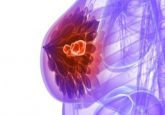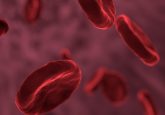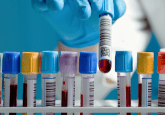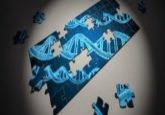Could a blood test for breast cancer be on the horizon?
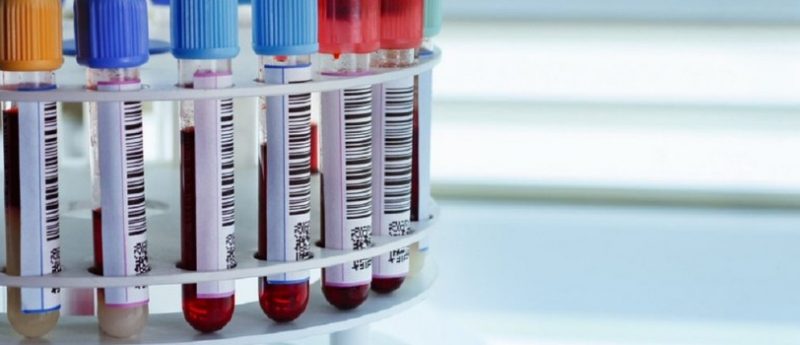
Autoantibodies have shown promise for early cancer detection.
A group from the Centre of Excellence for Autoimmunity in Cancer (CEAC) group at the University of Nottingham (UK) has presented research at the NCRI conference (3—5 November 2019, Glasgow, UK) suggesting that a panel of tumor-associated antigens (TAAs) could be used to detect early breast cancer.
If validated, the blood test would be cost-effective and easier to perform than current screening methods, such as mammography.
To develop the panel, the team took blood samples from 90 breast cancer patients at diagnosis, matching them with 90 patients without breast cancer. Protein microarray technology was then used to screen for autoantibodies against 40 TAAs already associated with breast cancer, as well as 27 not known to be linked.
Three TAA panels were developed and tested, with a higher number of TAAs associated with better accuracy. A panel of five TAAs was positive in 29% of breast cancer cases and negative in 84% of control samples. A panel of seven was correctly positive in 35% and correctly negative in 79%. The panel of nine was correctly positive in 37% and correctly negative in 79%.
- A blood test for lung cancer treatment
- Testing for tau: a new blood test for Alzheimer’s disease
- Breast cancer diagnosed by pill
“We need to develop and further validate this test,” commented Daniyah Alfattani, one of the researchers. “However, these results are encouraging and indicate that it’s possible to detect a signal for early breast cancer. Once we have improved the accuracy of the test, then it opens the possibility of using a simple blood test to improve early detection of the disease.”
Next, the team is attempting to improve accuracy by testing 800 breast cancer samples against the nine TAA panel. While the work is preliminary, they hope that the test will be available in the clinic in 4—5 years.
Similar tests are also being performed in other cancers. One test for lung cancer involves 12,000 people in Scotland with a high risk of lung cancer owing to a history of smoking. They are randomized to receive an autoantibody ELISA called Early CDT-lung. Those who test positive go on to receive a CT scan every 2 years.
The CEAC group is also working on pancreatic, colorectal and liver cancers.


